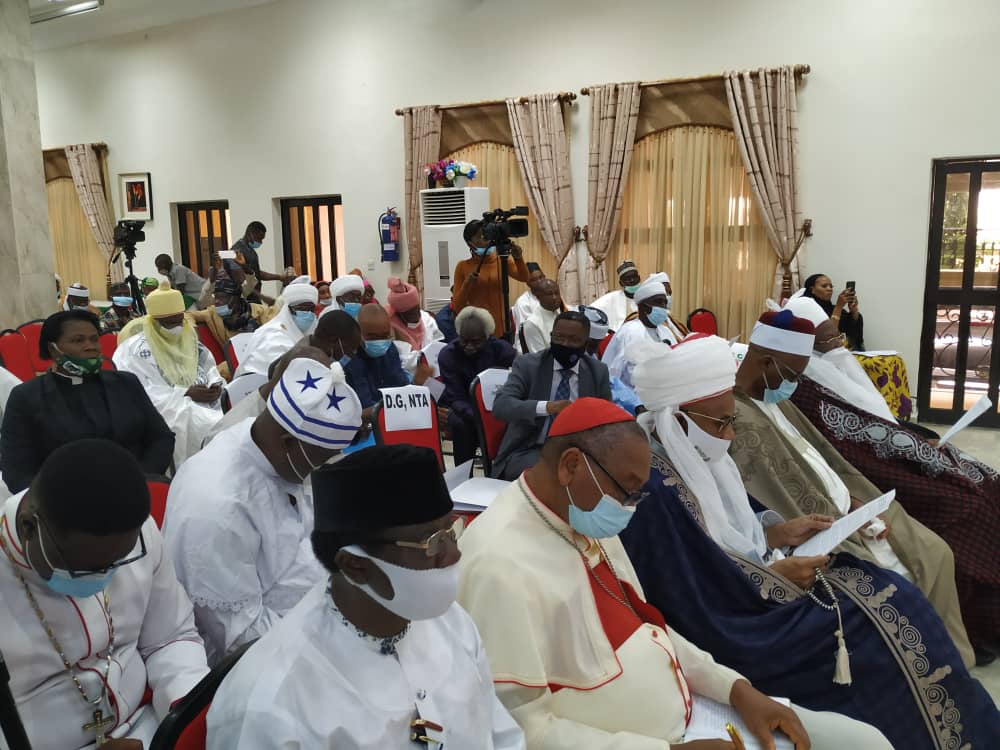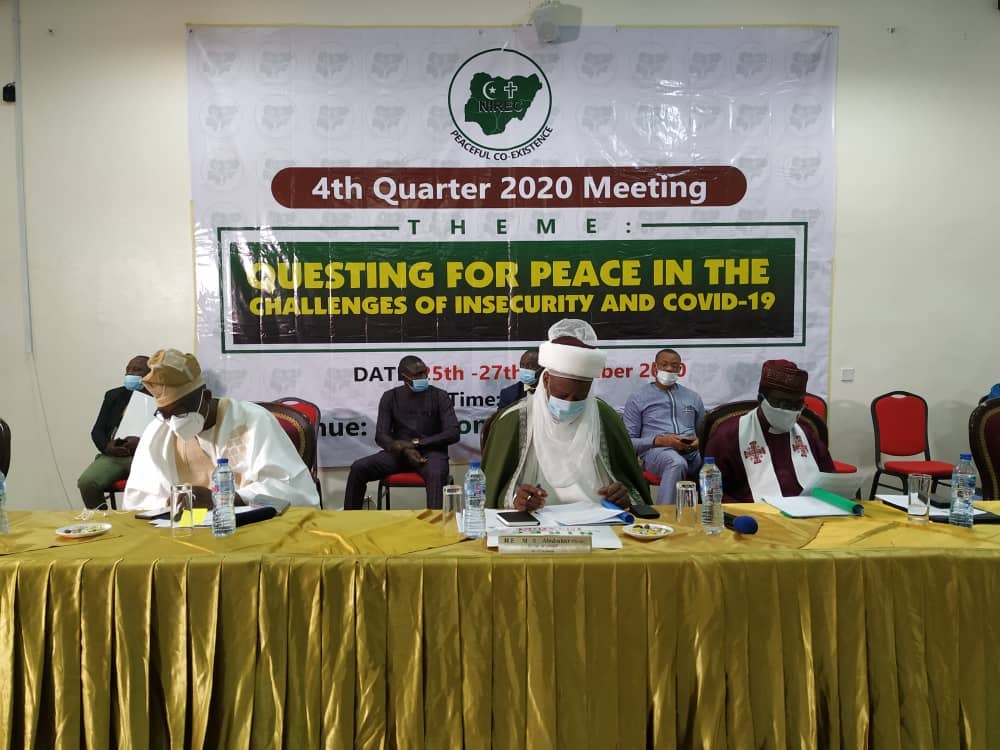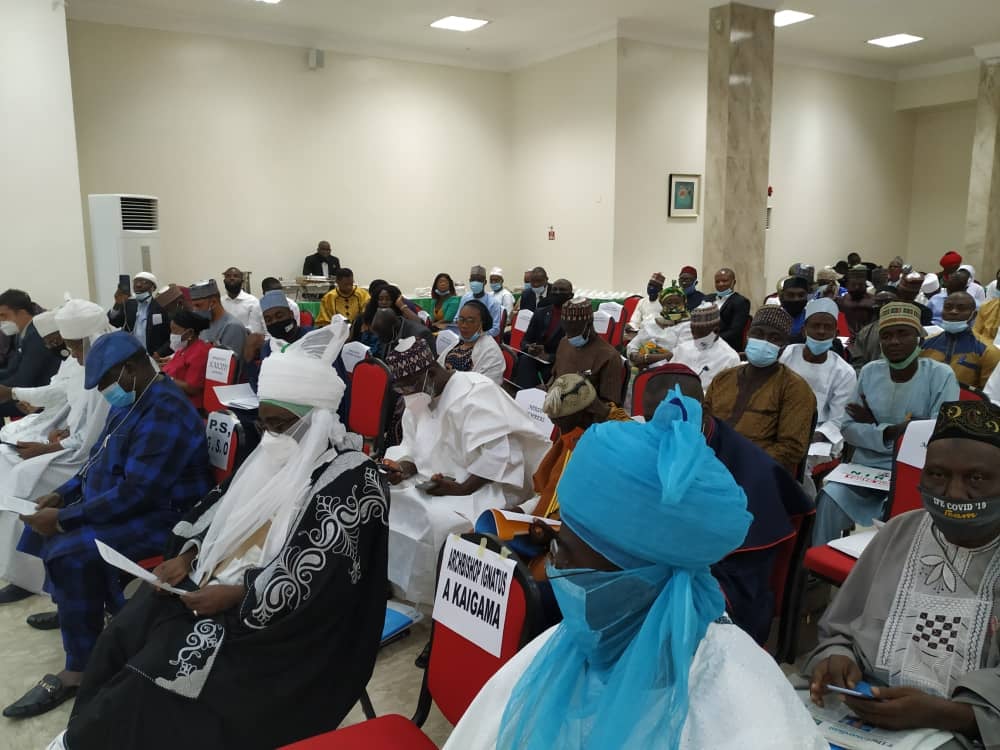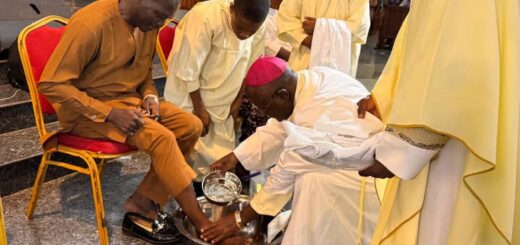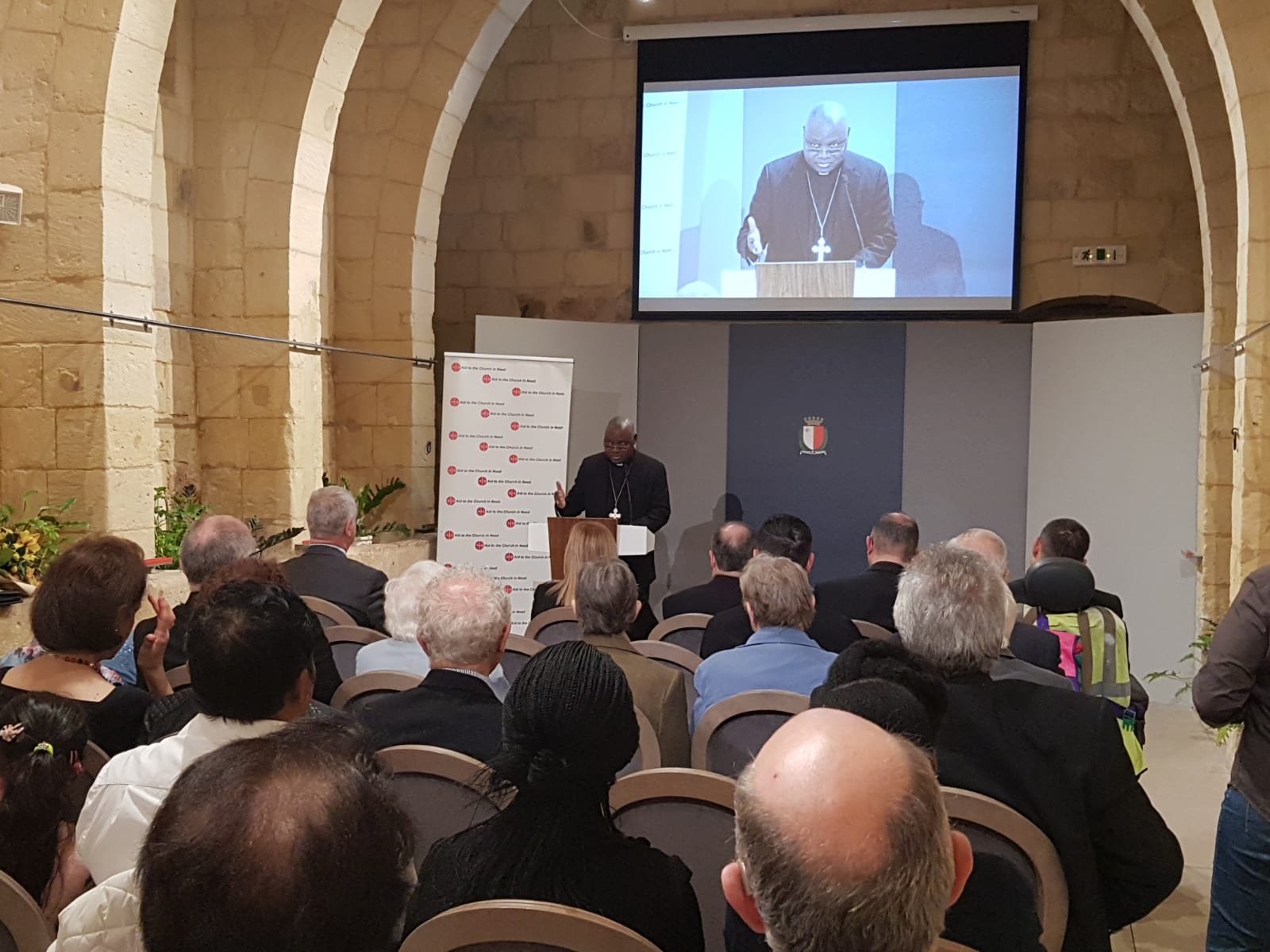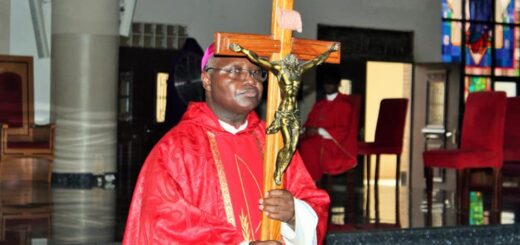Questing for Peace in the Challenges of Insecurity and Covid-19
by ARCH BISHOP · November 20, 2020
Speech by Most Rev. I. A. Kaigama, Catholic Archbishop of Abuja at the NIREC 4th Quarter Meeting at Reiz Continental Hotel, Abuja, November 26, 2020.
I would like to congratulate the Nigeria Inter-religious Council (NIREC) for this 4th quarter meeting and I thank you for inviting me to make a little input. The theme “Questing for Peace in the Challenges of Insecurity and COVID-19” shows that peace is a conditio sine qua non (indispensable condition) for progress and happy co-existence. We must not stop longing to live in peace and unity irrespective of religious, ethnic and political differences.
It is gratifying to know that the Christian and Muslim youths are present in this opening ceremony after which they will proceed to the youth summit to address the concerns and roles of the youths in peaceful nation building. Youths are a gift. They are our hope of the nation. Blessed with dynamism, talents, creativity, they can transform the affairs of this nation if well nourished with moral values and given a correct social and political compass. Together they can build a nation of honour, truth and selflessness. For too long they have been taught by elders the culture of self interest and parochial religious doctrines and using them as political foot soldiers.
The best gift by NIREC to our youths is to inspire them in the development of the culture of dialogue, namely, seeking rational not sentimental religious approach in resolving issues. That was the aim of my setting up the Interfaith Vocational Training Centre in Bokkos near Barkin Ladi, Plateau State, where Muslim and Christian youths would train together for two years in vocational skills and be helped to appreciate the culture of dialogue instead of hostile confrontation at the slightest feeling of provocation.
On February 14, 2013, I also officially commissioned the Dialogue, Reconciliation and Peace (DREP) Centre in Jos to provide the environment to learn how to provide alternatives to violence through dialogue, trust and reconciliation; to equip participants for peace-building in their communities.
I am happy that NIREC is taking the challenges of religious and ethnic pluralism seriously and wants to ensure peaceful co-existence of Nigerians as one family. It is very essential that NIREC inspires Muslims and Christians to sincerely endeavor to understand the true teachings of each others’ religions; animate both faith groups to inculcate in the youths at home and at school moral, ethical, social and cultural values of the two faiths for the rebirth and rebuilding of a better society.
It is very worrisome that at the slightest feeling of provocation we take to violence that leads to death and destruction. We use the social and conventional media today to deepen the wounds of distrust, suspicion and violence. You can pick up a newspaper article or read a social media comment and tell that the writer is either a Muslim or Christian from the way they articulate their views, subconsciously getting stuck in the narrowness of religious bias. We judge one other by the names we bear. If one is a Thomas or Esther they are Christians, and if Abubakar or Safinatu, they are Muslims, and they are either rejected or embraced based on that.
We commend the Christian Association of Nigeria (CAN) and the Nigerian Supreme Council for Islamic Affairs (NSCIA) for forming the “Nigeria Inter-religious Council” (NIREC) to complement government effort to make the country safe and peaceful for everybody. We must be free of prejudices and truly value and respect one another instead of going in parallel lines, witch-hunting and fault-finding all the time. We lose precious energy, time and resources picking on one another.
For Christians, Jesus as the Prince of Peace did not promote violence. He called peace makers blessed (cf. Mt. 5:9). He urged his disciples to go and preach the Gospel in peace and where their message was not accepted they should simply clean off the dust of the town on their feet and move on (cf. Lk 10:11). We Christians and Muslims must avoid imposing our religious views on others or denying them public amenities, jobs or influential positions because they don’t belong to our faith. Merit, not the vigour of our religious piety or affiliation should determine all we do or get in this country. We should not unjustly or corruptly deprive others of their rights, not to talk of wounding or killing anyone for economic or partisan political interests or because of blind religious zeal.
It is preposterous that Nigerians clamouring for their rights and privileges from government would turn their anger on religious institutions by attacking Churches and Mosques, instigating Christians and Muslims to turn against one another or to destroy public amenities and infrastructure.
We understand that the budget for national and state security is huge. Let us not deceive ourselves that the bigger the budget the more peace will flow. Weapons don’t bring peace. What we need is a change of attitude, a conversion of heart; an objective appraisal of the religious or ethnic indoctrination we perhaps were subjected to in schools or at home. If we are only propelled by religious interests that exclude others we shall always remain in chaos and darkness.
COVID-19 Pandemic calls us back to our common humanity. Human beings are communitarian in nature. Narcissistic tendencies must give way to the common good. We should share life, food, pains and joys as brothers and sisters, because our origin is God in whom we move and live and have our being.
We must not give up until every human heart is converted from hatred to the love and peace that God has destined for humanity.

